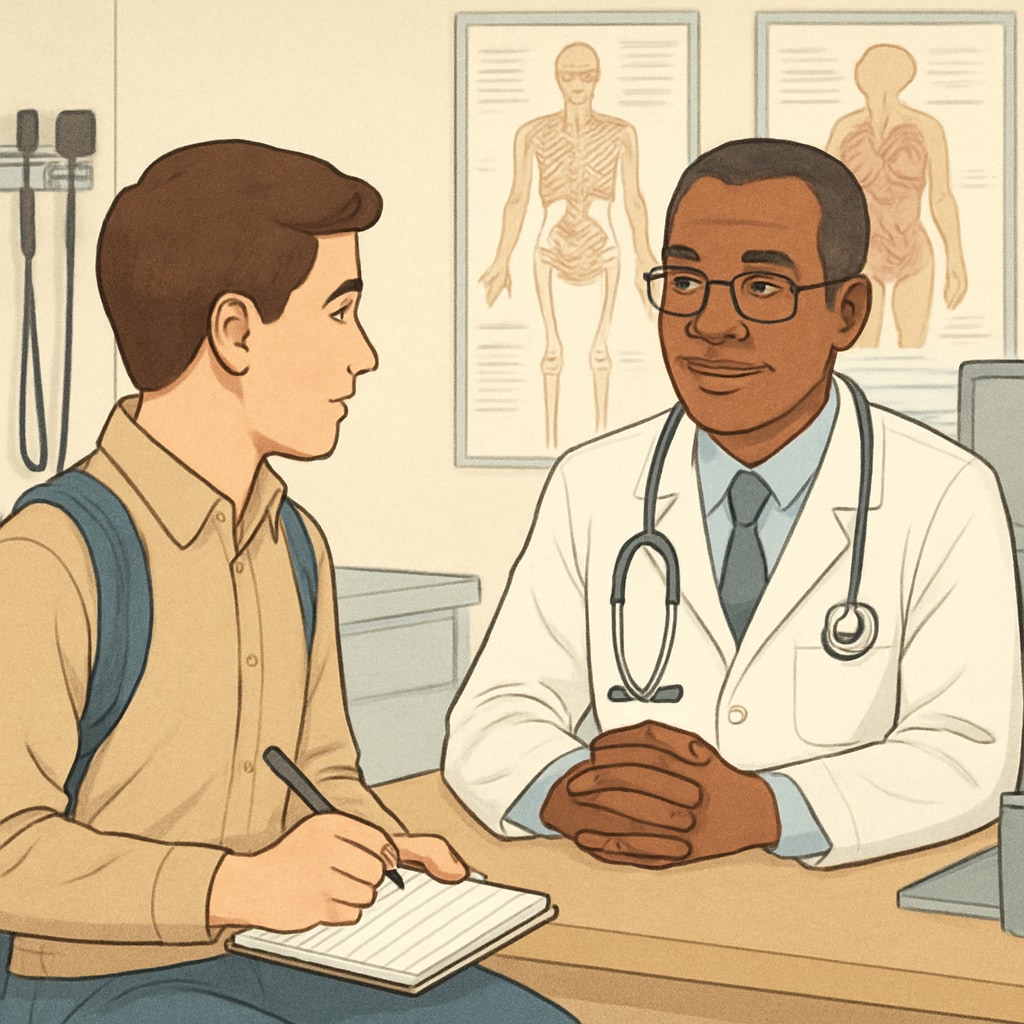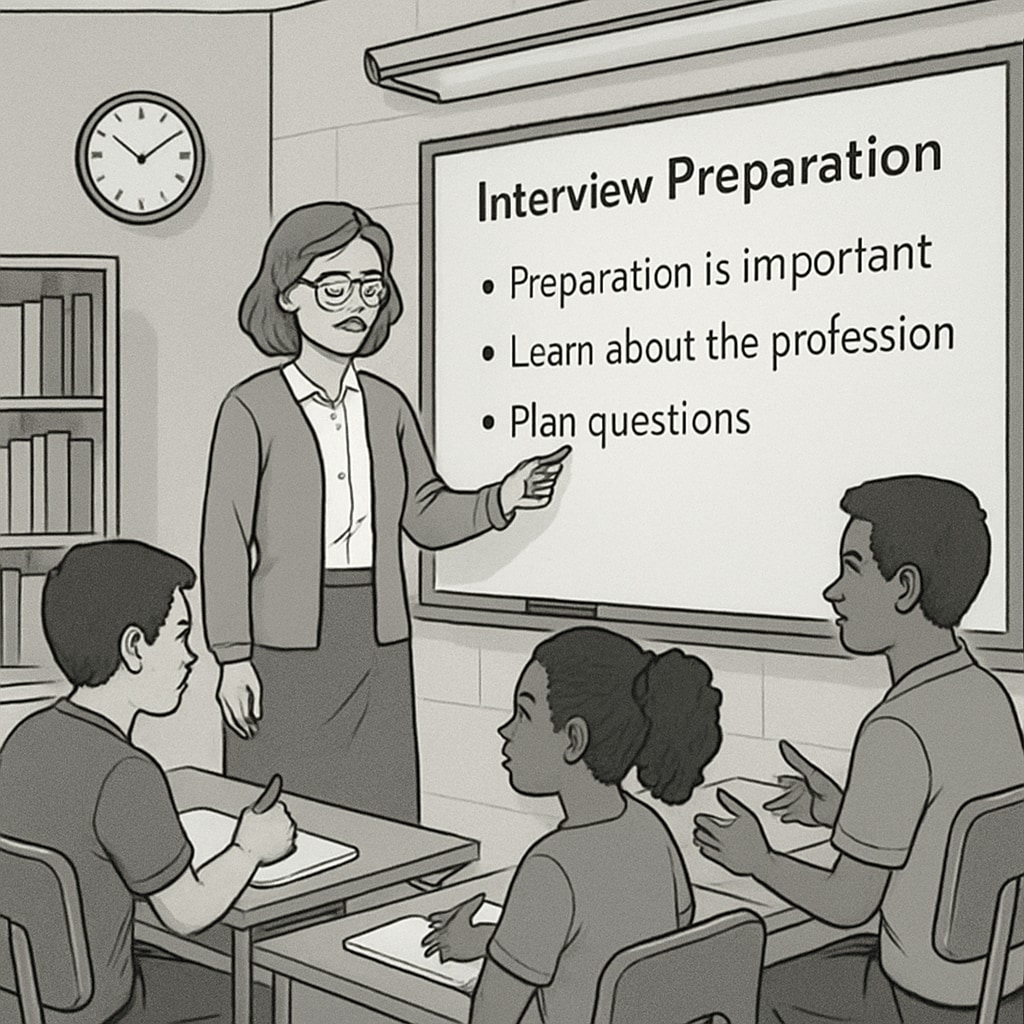Integrating medical career exploration into K12 education can significantly influence students’ career awareness and planning capabilities. School projects, such as interviewing doctors and other medical professionals, provide students a rare opportunity to gain real-world insights into medical professions. These activities help young learners understand the responsibilities, challenges, and rewards of pursuing a medical career.

Why Include Medical Career Exploration in K12 Education?
Medical career exploration is more than an academic exercise—it’s a foundational step in career readiness. By connecting students with medical professionals, schools can:
- Inspire interest in healthcare-related fields.
- Provide authentic insights into the day-to-day life of doctors and other medical professionals.
- Enhance decision-making skills through direct exposure to professional expectations and challenges.
- Develop communication and interpersonal skills during interviews.
According to a study by the Encyclopedia Britannica, early exposure to career options improves students’ ability to set achievable academic and professional goals. In addition, such projects foster a sense of responsibility and long-term planning.
Designing a Successful Medical Career Interview Project
To maximize the benefits of medical career interview projects, proper planning and implementation are essential. Below are key steps to design an effective program:
- Define objectives: Determine specific goals, such as understanding medical specialties or exploring the education and training required for doctors.
- Select participants: Engage a diverse group of medical professionals, including general practitioners, specialists, and surgeons, for well-rounded insights.
- Prepare students: Teach students how to research, formulate thoughtful questions, and conduct effective interviews.
- Facilitate interactions: Arrange interview sessions in person, virtually, or through recorded discussions to accommodate different logistics.
- Reflect and analyze: Encourage students to reflect on their interviews by writing reports or creating presentations.
By following these steps, schools can ensure that students gain meaningful experiences and practical insights from their interactions with medical professionals.

Encouraging Effective Student-Doctor Interactions
While the structure of a project is important, the quality of student-doctor interactions determines its success. Here are some tips to make these interactions impactful:
- Encourage curiosity: Motivate students to ask open-ended questions that go beyond basic information, such as, “What inspired you to become a doctor?”
- Foster professionalism: Teach students to conduct themselves respectfully and professionally during interviews.
- Provide context: Share the students’ academic or career interests with the interviewees beforehand to tailor discussions.
For example, students interested in surgery might inquire about the training process and decision-making skills critical to the role. Wikipedia’s guide on medical education offers useful background knowledge for students to prepare.
The Long-Term Impact of Medical Career Exploration
Engaging students in medical career exploration has long-term benefits. It not only broadens their understanding of healthcare professions but also equips them with essential skills for any career path:
- Critical thinking: Learning to ask meaningful questions and analyze responses.
- Communication skills: Mastering the art of engaging in professional conversations.
- Goal setting: Setting realistic academic and career objectives based on informed decisions.
Furthermore, these programs can inspire students to consider healthcare careers, addressing the growing demand for medical professionals globally.
In summary, medical career, school projects, and doctor interviews form a powerful trio in K12 education. With thoughtful design and implementation, such initiatives can profoundly shape students’ career journeys, equipping them with the knowledge, skills, and inspiration to succeed.
Readability guidance: Content is structured with short paragraphs, lists, and clear transitions. The passive voice and long sentences are minimized, ensuring clarity and engagement.


